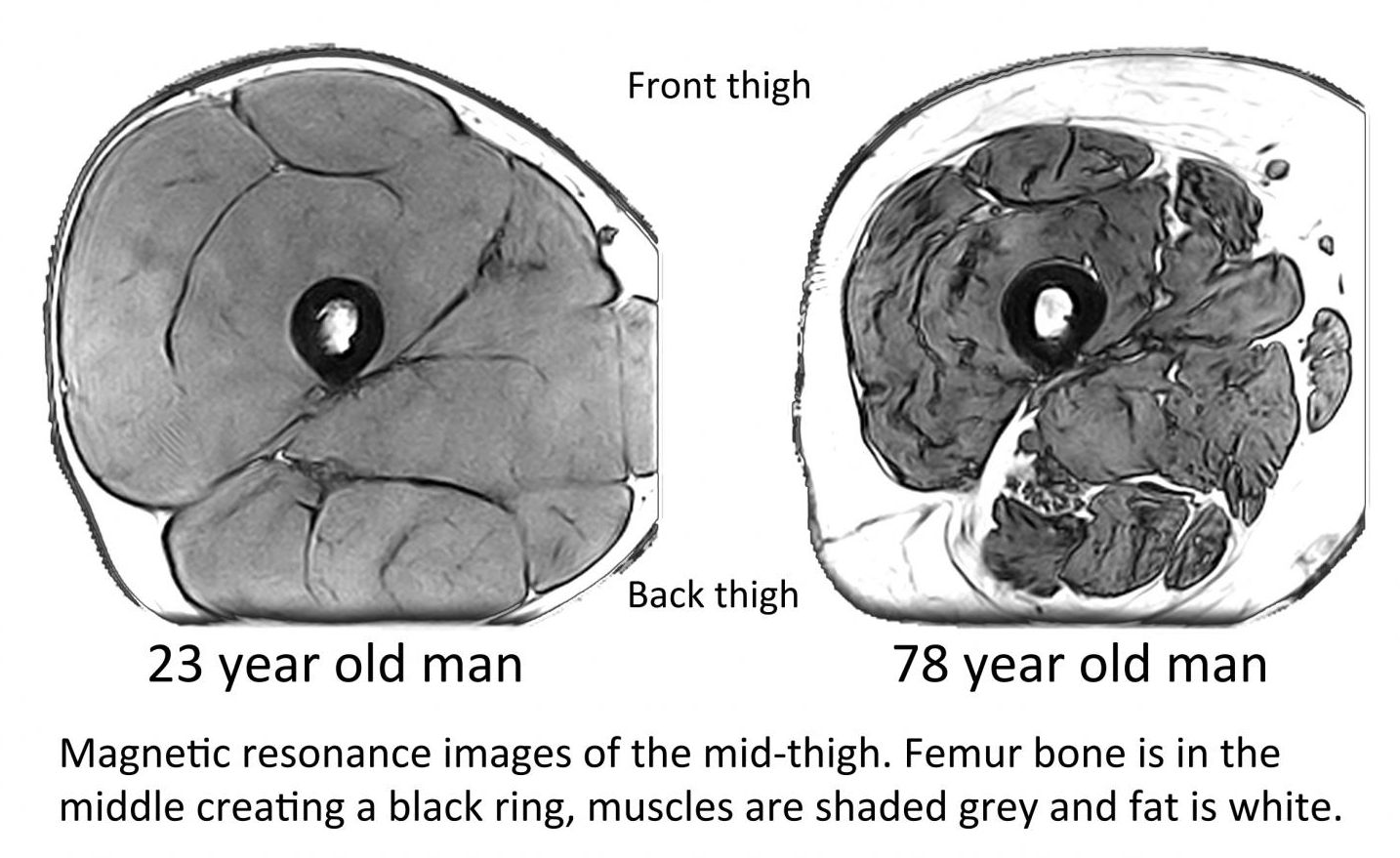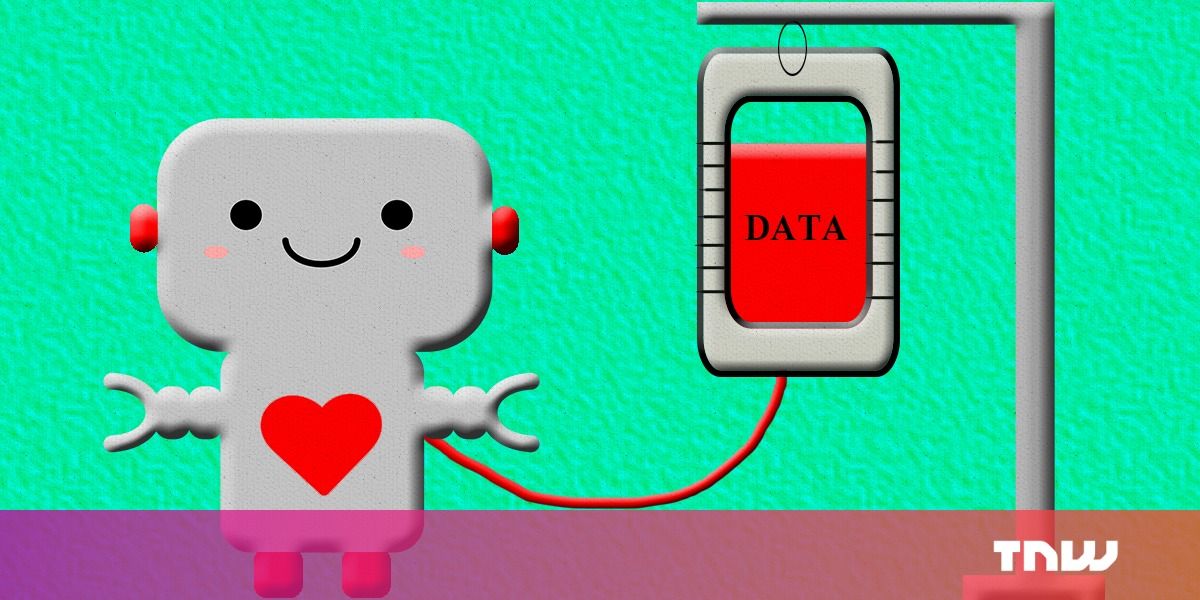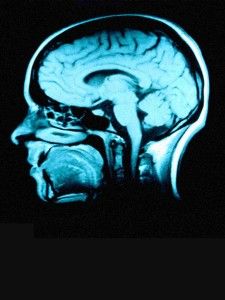Archive for the ‘futurism’ category: Page 1015
Mar 12, 2018
Can we turn back time? Muscles’ own protective systems could help reduce frailty
Posted by Ian Hale in category: futurism
Mar 11, 2018
At IBM, I Got A Glimpse Of What Our Quantum Future Will Look Like
Posted by Genevieve Klien in categories: futurism, quantum physics
Those that win in this new age will not be the ones who can do old things faster, but those who can imagine new possibilities.
By Greg Satell
Continue reading “At IBM, I Got A Glimpse Of What Our Quantum Future Will Look Like” »
Mar 11, 2018
YouPorn used AI to predict the porn searches of the future and, um, brace yourselves
Posted by Shane Hinshaw in categories: futurism, robotics/AI
Online pornography is going to some new and very bizarre places, according to the neural network YouPorn used to predict future porn searches.
Mar 10, 2018
We should be getting paid to use Facebook and Google
Posted by Genevieve Klien in category: futurism
Technology companies are making billions of dollars selling your private personal information to advertisers at premium costs. Where’s your cut?
Mar 9, 2018
Bioquark Inc. — Senior Life Journeys Podcast — Ira Pastor
Posted by Ira S. Pastor in categories: aging, bioengineering, biotech/medical, business, DNA, futurism, genetics, health, neuroscience, transhumanism
Mar 9, 2018
Biometric Data And The Rise Of Digital Dictatorship
Posted by John Gallagher in categories: futurism, privacy
Is humanity doomed? Are we one of the last generations of homo sapiens — soon to be supplanted by engineered cyberbeings, with a distant semblance to their creators (us)?
On Jan. 24, historian and international best-selling author Yuval Noah Harari presented his view of the future at the World Economic Forum in Davos, Switzerland. Harari wrote Sapiens: A Brief History of Humankind and also Homo Deus: A Brief History of Tomorrow.
In a riveting 25-minute presentation, Harari painted a very gloomy — but possible — view of the future, based on his thesis that we are now in our third grand revolution: the control of data, following the control of land (Agrarian Revolution) and the control of machinery (Industrial Revolution). The point of no return, Harari contends, will happen when technology will be able to extract high-precision biometric data from people and report back to a centralized decision-making control system, owned by governments or by corporations — or both. By biometric, he means your pulse, pressure, sweat composition, dilation of your pupils, etc.: kind of a lie-detector on steroids.
Continue reading “Biometric Data And The Rise Of Digital Dictatorship” »
Mar 9, 2018
Bioquark Inc. — Arsenio Buck Show — Ira Pastor
Posted by Ira S. Pastor in categories: aging, bioengineering, business, cryonics, DNA, futurism, genetics, health, neuroscience, transhumanism
Tags: anti-aging, bioquark, biotech, health, Life extension, reanima, regeneration, wellness

















